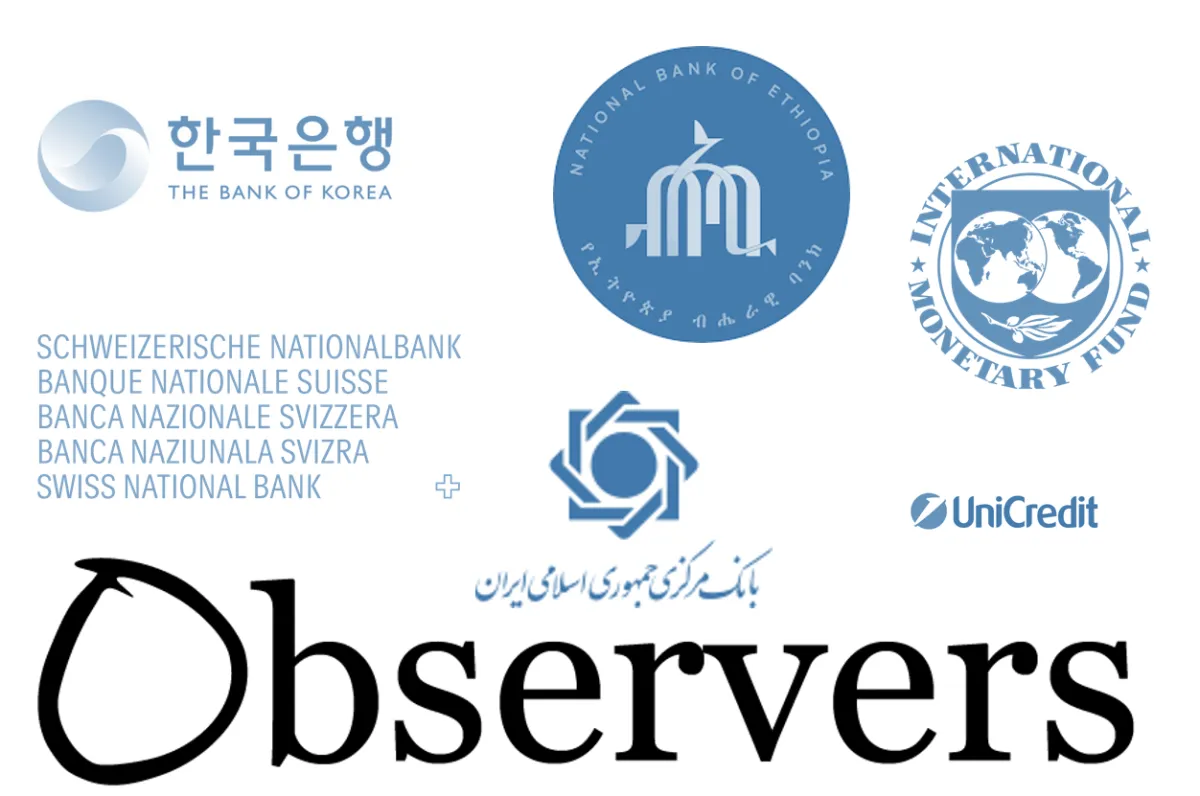Banking CBDC Roundup, Observers, CBDC, Iran, Digital Real, Ethiopia, South Korea, McKinsey, Swiss National Bank, Digital Euro
Banking and CBDC Weekend Roundup: 22/06/2024
The IMF's been warned that it might have bitten off more than it can chew as it leads the charge on CBDC policies, as McKinsey claims the tokenization market in 2030 will be worth a lot less than previous estimates. Iran, Ethiopia and South Korea in CBDC news.





